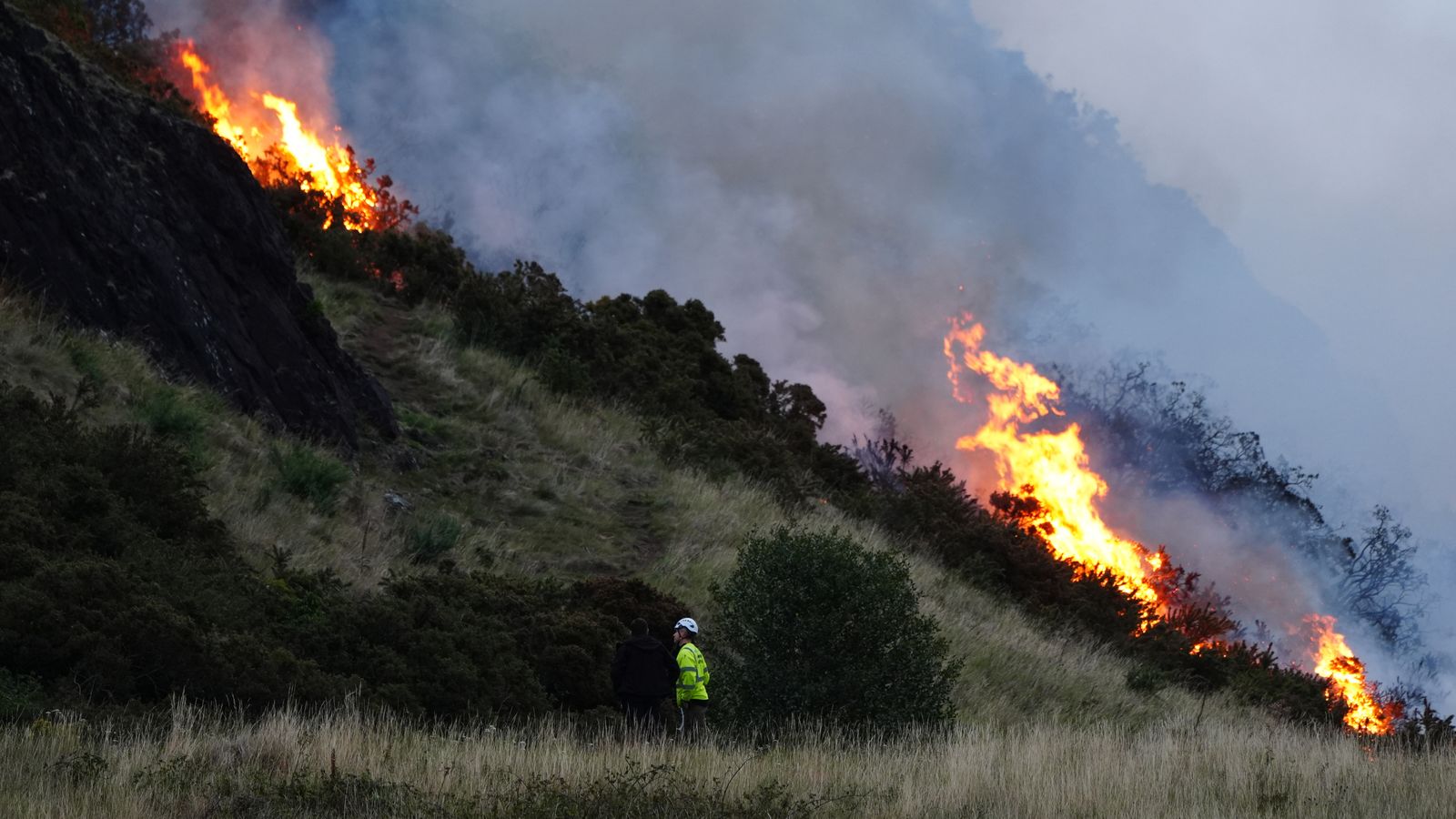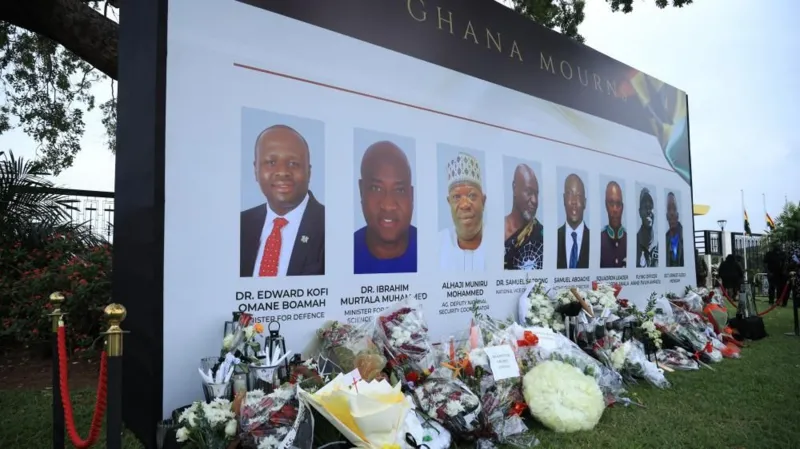'A recipe for disaster': The Power Slap League - and why neurologists are so concerned
"It's the ultimate test of toughness," says UFC president Dana White who has launched a new reality TV show where competitors hit each other across the face with an open-hand slap with no defence to it.

Neurologists and sports stars have condemned a new competition in which participants are seen taking turns to slap each other as hard as they can.
Power Slap: Road To The Title, launched by UFC president Dana White, has faced scrutiny following its launch this week.
The TV show, which premiered on Wednesday 18 January, will feature eight episodes that its creators say are unscripted.
It highlights competitors from across the globe who battle it out on stage to demonstrate they have the most powerful slap.
Neurologist Chris Nowinski, a former wrestler and CEO of Concussion Legacy Foundation, said the show was "pure exploitation" and suggests one of the competitors shown in a video he shared on Twitter "may never be the same".
Tagging both White and the US television network broadcasting the show, TBS, Nowinski suggested they should be "ashamed" for creating and backing a sport that he said could put people at serious risk of brain injury.
"What's next, 'Who can survive a stabbing?'" he added.
Sky News looks at what the series involves - and why experts have condemned it.
What is Power Slap and what are the rules?
In a two-minute-long preview video, White explains the rules of the competition, which has been licensed by the Nevada State Athletic Commission.
"Before the match kicks off, a coin toss takes place to initiate the first slap," he says
"There are a maximum of three rounds in a fight. In each round, the fighter will deliver an open-hand slap to the opponent's face."
Power Slap League. Pic: Twitter
Image:
Power Slap League. Pic: Twitter
At the start of the round the first "striker" has a time limit of 30 seconds to deliver an open-handed slap, below the eye but above the chin.
The striker cannot lead with the palm of the hand, and the whole hand must make contact at the same time.
After being slapped, the competitor has 30 seconds to recover and get back into the "fight position".
Judges use a 10-point-must system, like boxing, with the winner in a round scoring 10 points and the opponent scoring 9 or fewer.
Those receiving the slap are not allowed to flinch, raise their shoulder or tuck in their chin - rules that would appear to be behind claims they are effectively defenceless.
"It's the ultimate test of toughness," says White.
Why experts are concerned about the competition
Experts have warned that the event has the potential to cause significant and long-lasting physical harm to those taking part.
Consultant neurologist professor Nikos Evangelou at Nottingham University Hospital, told Sky News: "One of the problems with Power Slap, is that the participants are penalised when they move or flinch.
"Any movement that might reduce the effect of the blow to the head is penalised."
He said the "impact to the head, from an angle, can cause rotational forces on the brain" - which he says is a "recipe for disaster".
Prof Evangelou added: "It's all a matter of time before we see more serious brain injury from a dissection."
When asked what the long-term health implications of repeated trauma to the head may be, Prof Evangelou said it should be recognised that memory and other cognitive effects on the brain can have a lasting effect.
What are the risks?
Prof Evangelou said the force and potential danger may be the same as a punch.
"It's all a matter of physics," he told Sky News.
"The force applied to the face is the same force when one punches a face. The head/brain receives a blow and the brain is concussed causing hopefully a temporary, but sometimes permanent, disruption to brain function.
"Sadly because of the potential twisting movement of the head there could be even more serious complications."
He says it's possible for death to occur following a single knock on the head if it causes one of the arteries that supply blood to the brain to split.
"Sadly, it is not that uncommon in clinical practice."
Prof Evangelou says "most of the time" he would expect participants to simply be "dazed", but sometimes they can become less responsive, lose their balance, become confused or have a convulsion.
-sky news







